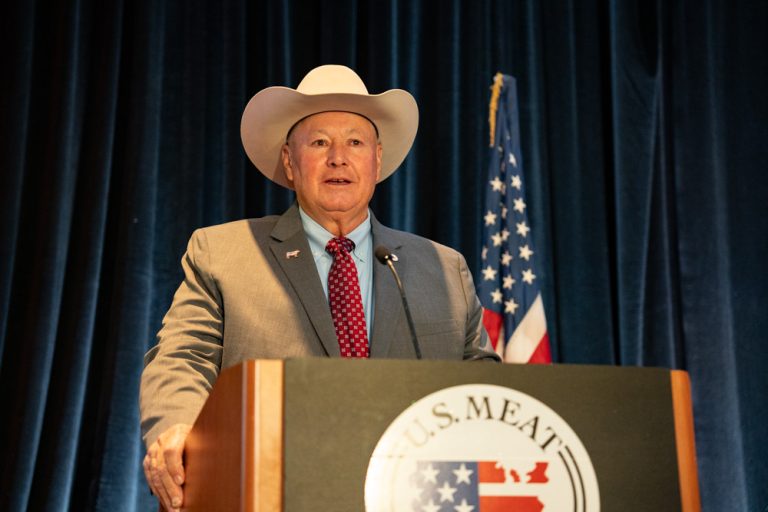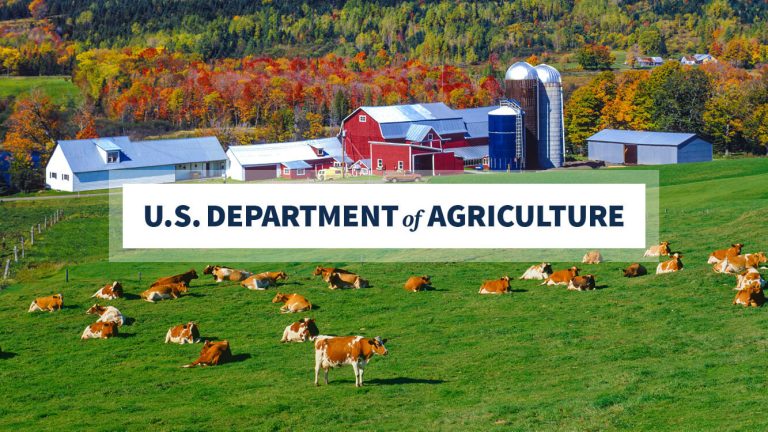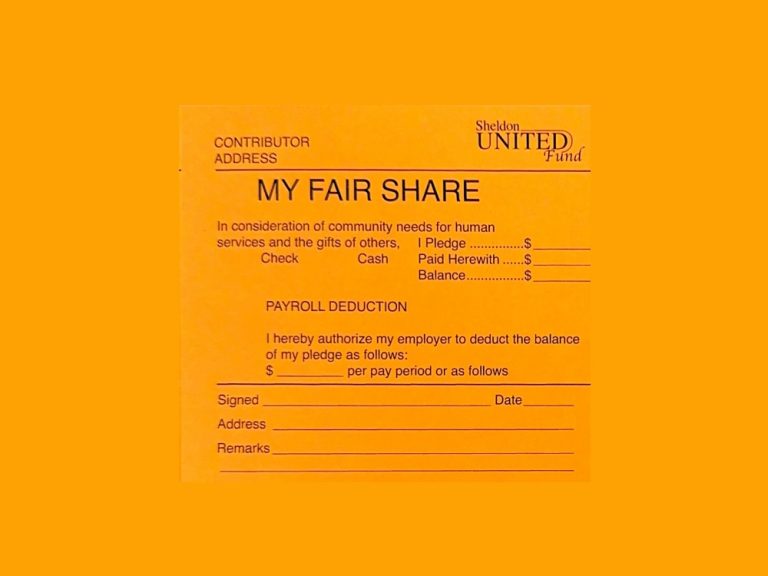Des Moines, Iowa — Bills calling for a statewide moratorium on new factory farms are -not- expected to gain much traction in the Iowa legislature this session. Several groups are working to stop development of concentrated animal feeding operations, or CAFOs (KAY-foes), which they say pollute the air and water, impact the quality of life, and devalue nearby land.
Drew Mogler, a spokesman for the Iowa Pork Producers Association, says if the legislation is approved, it would be a disaster for the state of Iowa and for the pork industry.
(As above) “Livestock production and agriculture is really the economic engine of rural Iowa and really a way for young people to get involved in agriculture,” Mogler says, “so it’s definitely something that would really hurt our industry. We certainly still see the pork industry as something that’s very important to rural Iowa.”
Iowa House Speaker Pat Grassley says the CAFO legislation has -no- chance to make it to the floor for a vote. The livestock industry, according to Mogler, creates a wide array of benefits for the state.
(As above) “Livestock production still contributes a lot to these rural economies,” Mogler says. “In the state of Iowa, the pork industry generates over 147,000 jobs and generates over $6.8-billion in household income, which would really be a direct hit to these rural communities and Main Street businesses in those communities.”
Farmers are making great strides with efficiency, he says, learning to do more with less. He adds, it’s important to note the pork industry’s positive environmental footprint.
(As above) “We’ve done a better job of managing our manure nutrients,” Mogler says. “Agriculture is obviously going to be able to play a big role when it comes to carbon sequestration and using manure nutrients from our livestock farms helps decrease our reliance on fossil fuel-based fertilizer.”
An eastern Iowa farmer says new methods and technologies make the big operations less harmful, adding, the industry has changed from 30-to-40 years ago. Groups that support the moratorium push include: Food and Water Watch, Iowa Citizens for Community Improvement, Iowa Alliance for Responsible Agriculture, and the Iowa Farmers Union. Jess Mazour, spokeswoman for the Sierra Club’s Iowa Chapter, says the bills target medium- and large-sized livestock operations.
(As above) “That would be 500 animal units or larger, and for hogs, that translates to 1,250 hogs, or more,” Mazour says. “It’s pretty straight forward. It’s saying no more should be built or expanded so that we can start to build an agricultural system that works for farmers and eaters and workers and the environment.”
Mazour says these bills are focused on the need for improvement to the state’s environment as well as cleaner water, and fixing the current agricultural system.
(As above) “We’ve been operating under this system for decades now and when we look out at rural Iowa, we see it withering on the vine,” she says. “We’re seeing small towns dry up, grocery stores and schools and hospitals close. If this system of agriculture, the factory farm system, was so good for rural Iowa, we’ve be seeing thriving towns right now and that’s just not the case.”
Two Democrats introduced bills in the House and Senate to put a moratorium on CAFOs. Senator Pam Jochum, from Dubuque, is sponsoring the measure in that body while Representative Art Staed of Cedar Rapids is carrying the House bill.












